
Soapbox: Taxing times for drinks
Paragon Brands’ Chris Jones on the reality of schemes such as EPR and DRS for challenger brands and consumers.
Read more...
Paragon Brands’ Chris Jones on the reality of schemes such as EPR and DRS for challenger brands and consumers.
Read more...
Packaging waste matters and policy that can reduce it is vital. This would be a view held by most across the drinks trade. Despite this, implementation and policy design matter too. The introduction of extended producer responsibility (EPR) policy for some in the sector has been far from satisfactory. In many ways this comes down to a case of unfortunate timing – the policy’s introduction coinciding with a raft of other cost-increasing measures, namely alcohol duty and NIC hikes. But also, legitimate concerns exist regarding the policy’s minutiae.
Read more...
In a statement from Huw Irranca-Davies MS, the Deputy First Minister and Cabinet Secretary for Climate Change and Rural Affairs, the Welsh Government has announced that it has begun the process of finding a Deposit Management Organisation (DMO) to run its Deposit Return Scheme (DRS).
Read more...
Packamama, a climate technology company that makes low-carbon wine packaging, has been awarded a $1 million AUD (~£500,000) grant under the Business Research and Innovation Initiative (BRII).
Read more...
Today (1 October) marks the commencement of the Extended Producer Responsibility (EPR) levy. It also marks the deadline for which ‘large producers’ under the scheme must report their packaging data for the first half of 2025.
Read more...
The Wine & Spirit Trade Association (WSTA) has warned that the Welsh government's “confusing proposal” to create a unique Deposit Return Scheme (DRS) “risks creating significant market distortions”.
Read more...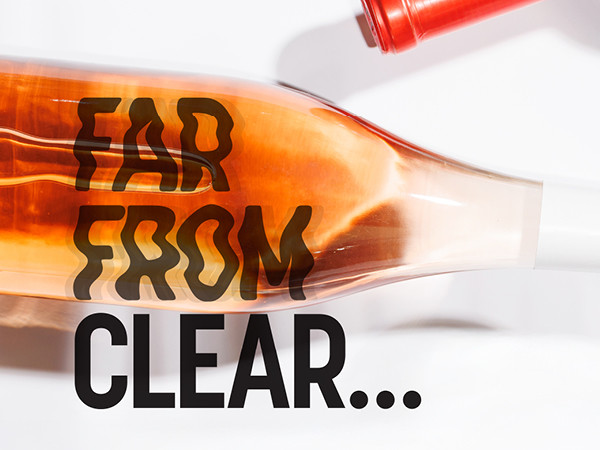
The glass bottle has been a fixture of the wine world since the 17th century, while the earliest examples date back to the Roman era. Impermeable and inert, it remains the universal vessel of choice, but a growing consumer awareness of its carbon footprint could yet threaten that status, meaning its days would be numbered. Estimates vary, but glass production accounts for up to half the CO2 in a typical bottle of wine. The material is energy intensive, with gas used to heat furnaces to 1,700ºC for its manufacture. Then there’s the impact of shipping as bottles, many of them needlessly heavy, are hauled across the world, with the IWCA (International Wineries for Climate Action) estimating that transport accounts for 15.9% of the average winery’s emissions. Theoretically, glass has an infinite life – the UK boasting one of the better recycling rates at 74.2%, according to British Glass – but the process is notoriously complex, requiring rigorous colour sorting, and it uses energy.
Read more...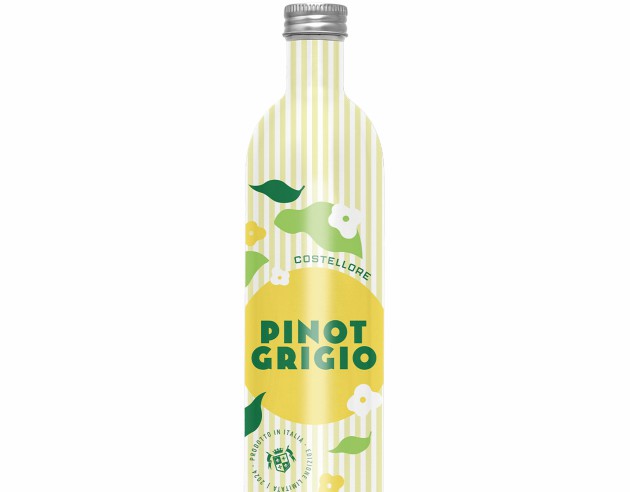
Aldi’s latest move to segue alternative formats into the mainstream is here – this time via the launch of an aluminium bottle.
Read more...
Wales will press ahead with its own Deposit Return Scheme (DRS) as the devolved government announced its intention to back out of a UK-wide framework which is looking to exclude glass.
Read more...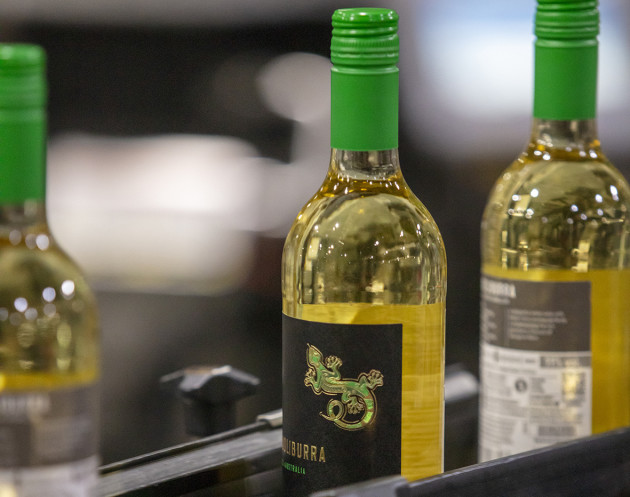
Lanchester Wines has become the first UK wine importer to launch a wine in a super lightweight 300g wine bottle, in partnership with a major discounter.
Read more...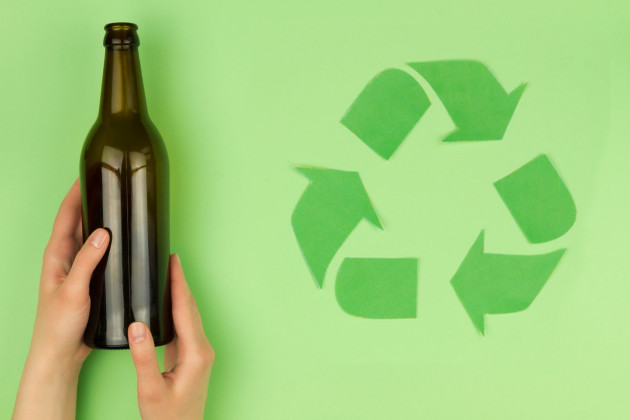
Discounter Lidl has launched its own return scheme for PET plastic and aluminium drinks containers, eight months after the Deposit Return Scheme (DRS) was delayed by the Scottish government.
Read more...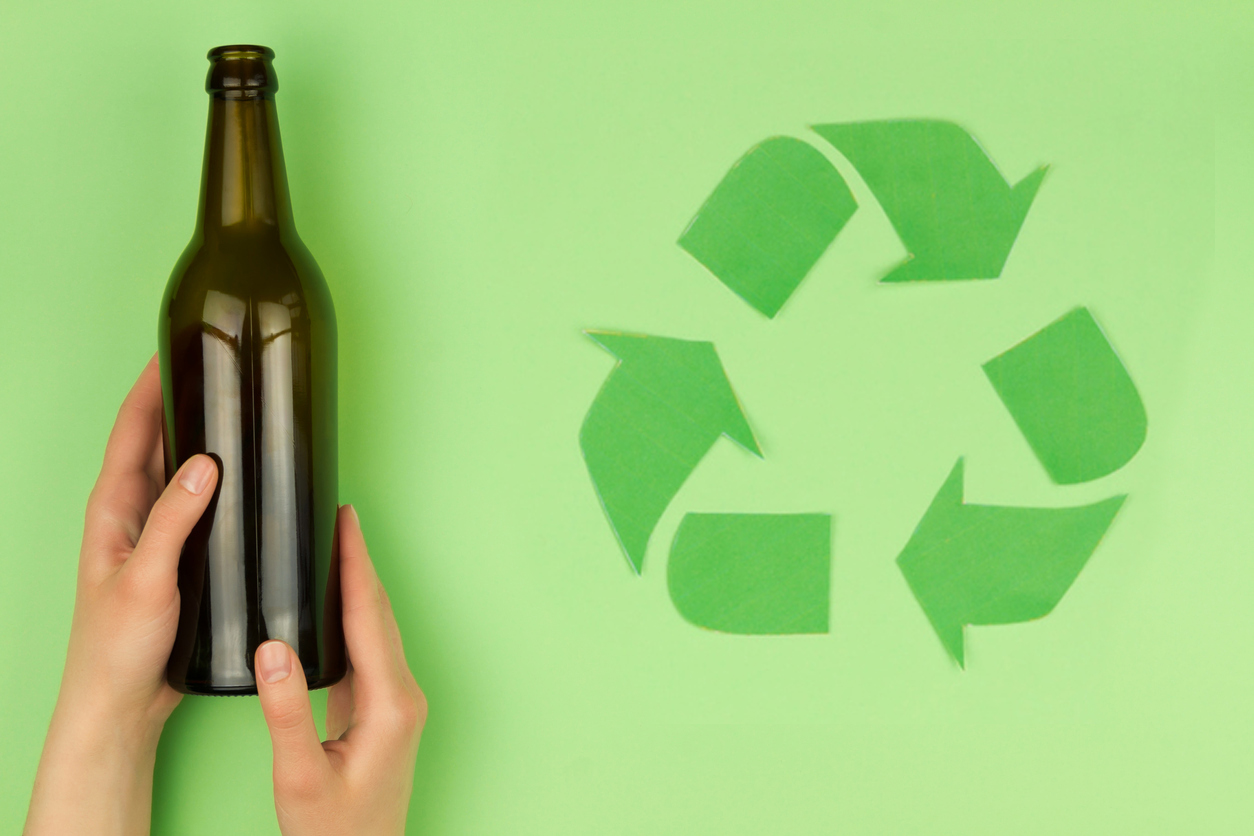
The latest back and forth between the UK government and Scotland’s devolved powers has derailed plans for Scotland to include glass as part of a Deposit Return Scheme (DRS), with glass now to be fully excluded both north and south of the border.
Read more...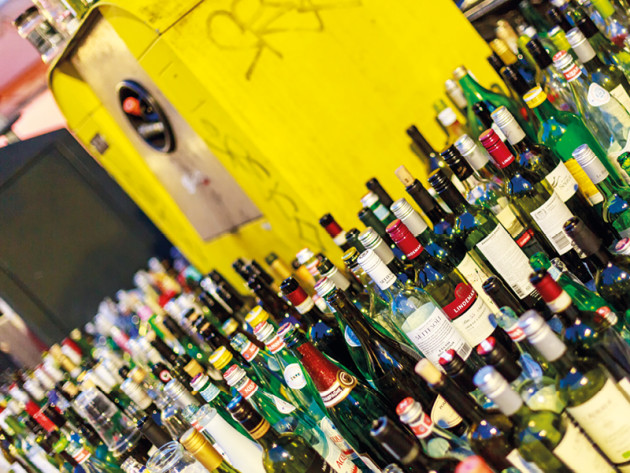
With glass recycling now definitively out of the deposit return scheme for England and Northern Ireland, the question of what to do with glass is back on the agenda. Could the future be reusable? Jo Gilbert reports.
Read more...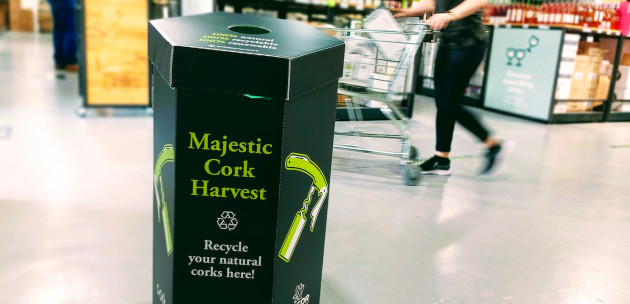
Majestic has unveiled details of a nationwide cork recycling scheme in over 200 of its stores.
Read more...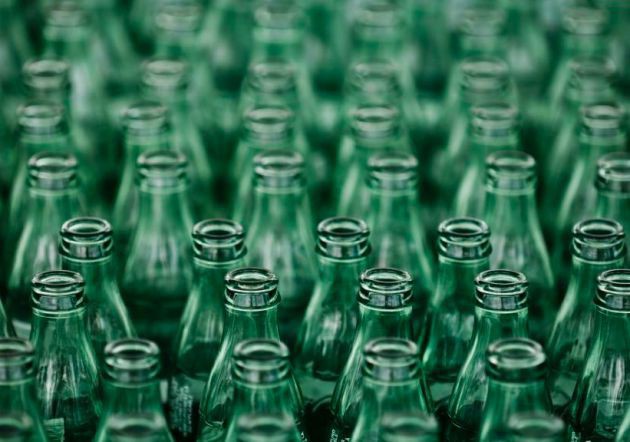
Safety and space concerns, increased business costs and bureaucracy caused by the Deposit Return Scheme (DRS) would place a disproportionate burden on many hospitality businesses, UK Hospitality (UKH) has said in response to the government’s proposal on the scheme.
Read more...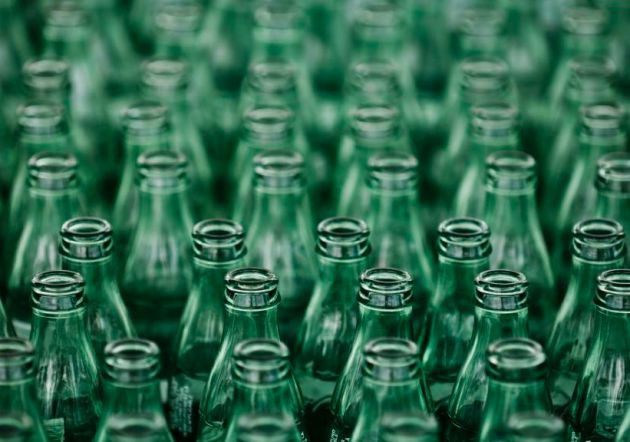
The government has launched its second consultation into a Deposit Return Scheme (DRS) for England, Wales and Northern Ireland.
Read more...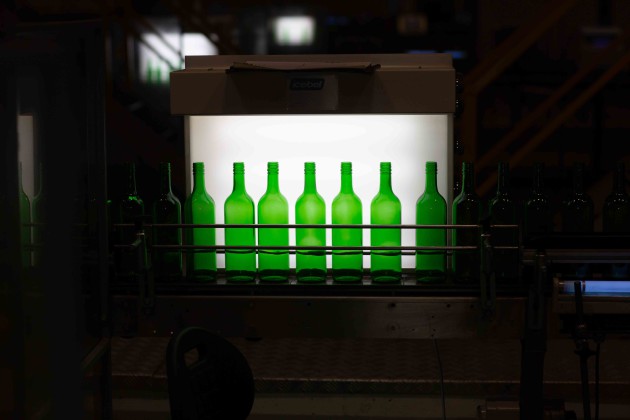
Glass container manufacturer Encirc has create what it claims to be the world’s most sustainable glass bottle.
Read more...
Pernod Ricard’s flagship vodka brand, Absolut, has launched its latest limited-edition bottle made of 60% recycled glass, making it the brand’s most sustainable glass bottle to date.
Read more...
A major new scheme aimed specifically at boosting recycling rates and combating littering for bottled drinks is due to arrive in Scotland in 2021 and the rest of the UK soon after. So what do we know so far?
Read more...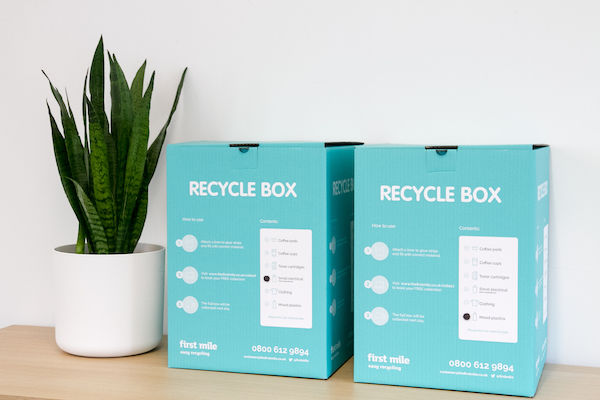
Recycling company First Mile has launched a new scheme to help both consumers and businesses recycle wine corks and long-life food and drink cartons.
Read more...